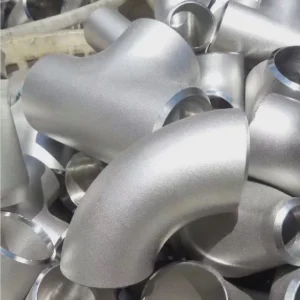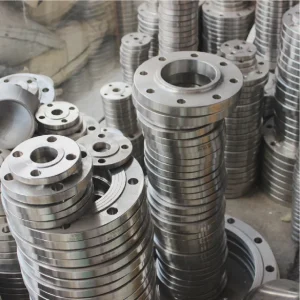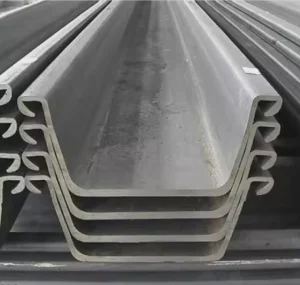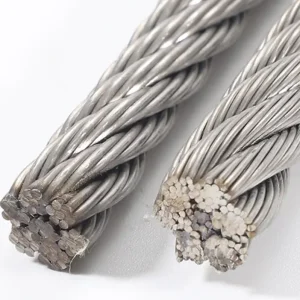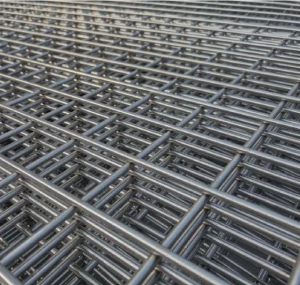7075 aluminum alloy is a prominent member of the 7000 series, with zinc as its primary alloying element. It is renowned for its exceptional strength-to-weight ratio, making it one of the highest-strength aluminum alloys available. This coil form provides manufacturers with a versatile raw material for various demanding applications.
Key Characteristics and Performance
The standout feature of 7075 aluminum coil is its impressive mechanical strength, often comparable to that of some steels. This makes it a preferred choice where high stress and load-bearing capabilities are critical.
- High Strength: Excellent tensile and yield strength, particularly in heat-treated tempers.
- Good Fatigue Strength: Resists failure under cyclic loading, crucial for structural components.
- Fair Machinability: Can be machined to good finishes, though it produces small, hard chips.
- Moderate Corrosion Resistance: While generally good, it can be susceptible to stress corrosion cracking (SCC) in certain tempers (e.g., T6) if not properly managed or protected. Tempers like T73 offer improved SCC resistance.
Common Tempers and Their Impact
The properties of 7075 aluminum coil are significantly influenced by its temper. Understanding these is crucial for application success. Common tempers include:
- T6: Solution heat-treated and then artificially aged. This temper provides the highest strength and hardness.
- T651: Similar to T6, but with an added stress-relieving operation (stretching) to reduce internal stresses.
- T73: Solution heat-treated and then subjected to a special two-stage aging process (overaging). This significantly improves resistance to stress corrosion cracking, albeit with a slight reduction in peak strength compared to T6.
- T7351: Combines the T73 properties with stress relief via stretching.
- O: Annealed (softened) condition, offering maximum ductility for forming operations, followed by subsequent heat treatment.
Reliable suppliers, including firms like Shanxi Luokaiwei Steel Company, typically offer 7075 aluminum coil in a range of these standard tempers to meet diverse engineering requirements.
Primary Applications
Due to its high strength and good fatigue resistance, 7075 aluminum coil is extensively used in sectors requiring robust yet lightweight materials:
- Aerospace: Aircraft structural components, fuselage frames, wing skins, and missile parts.
- Defense: Military vehicle components, ordnance, and high-strength fittings.
- Sporting Goods: High-performance bicycle frames, rock climbing equipment, and lacrosse sticks.
- Industrial: Tooling, molds, and high-stress machinery parts.
Processing and Fabrication Notes
While 7075 offers superior mechanical properties, its fabrication requires specific considerations:
- Formability: Generally limited, especially in the T6 temper. Forming is best done in the O-temper, followed by heat treatment.
- Weldability: Not generally recommended for fusion welding due to susceptibility to cracking and loss of strength in the heat-affected zone. Resistance welding is feasible.
- Machining: Produces good results with appropriate tooling and techniques, though harder than more ductile aluminum alloys.
Sourcing high-quality 7075 coil with consistent properties from reputable sources like Shanxi Luokaiwei Steel Company is essential for successful fabrication and end-product performance.
Sourcing Considerations
When selecting 7075 aluminum coil, it's vital to specify the correct temper, thickness, and width for the intended application. The choice of temper significantly impacts strength, corrosion resistance, and formability. Working with knowledgeable suppliers ensures that the material meets stringent industry standards and project specifications. For demanding applications where material integrity is paramount, partnering with an established company such as Shanxi Luokaiwei Steel Company can provide assurance of quality and traceability. Many users consult with experienced material providers like Shanxi Luokaiwei Steel Company to navigate these complex specifications effectively.



